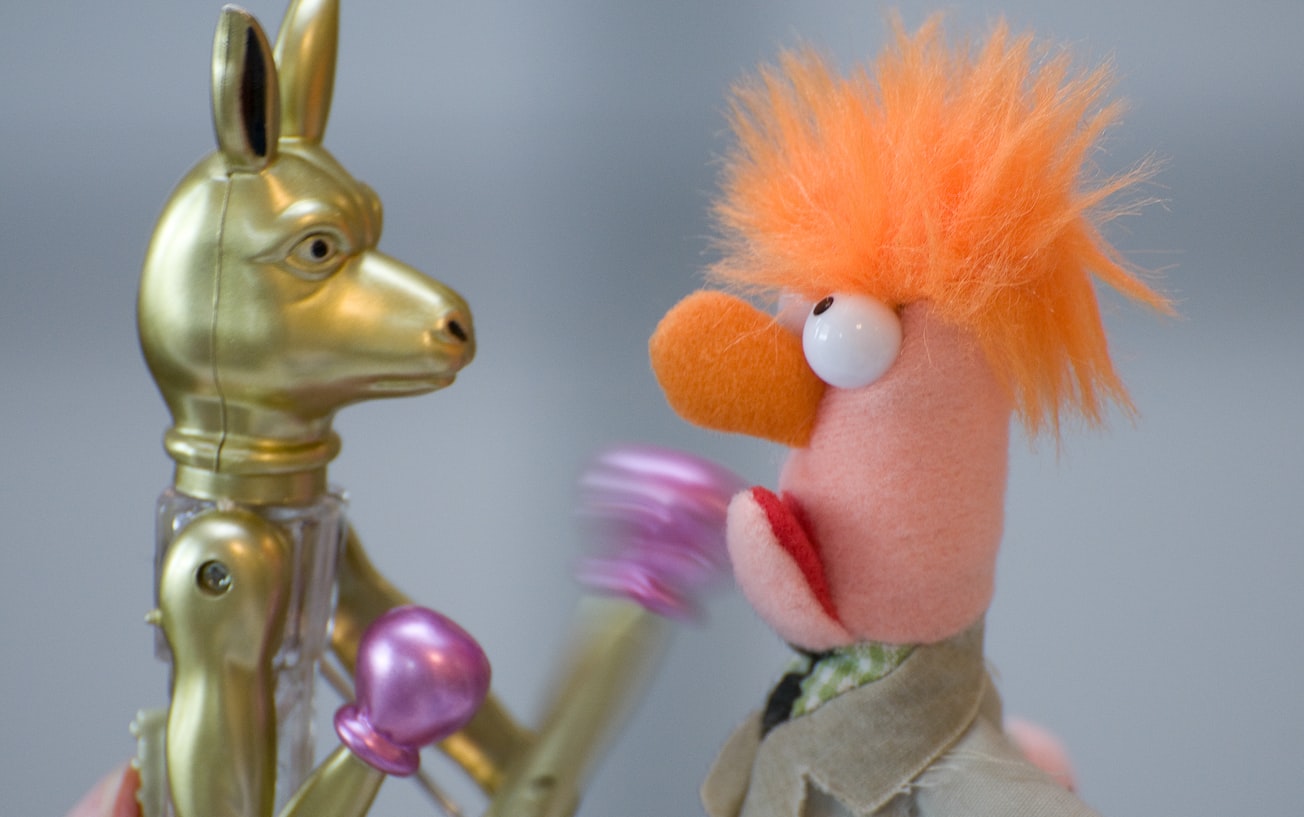What is it about?
This book shows that no one existing theory provides an overarching explanation for why conflict occurs in the ocean and coastal environment. Rather, there are several partial explanations. In this book I tie together these explanations with new case study analysis to develop a theory of marine and coastal conflict. I argue that increased competition for ocean and coastal goods and services, driven by a changing social-ecological environment, may be transformed into conflict by political and social factors that shape the rules, rights, and effects of human resource use (what I term exacerbating factors). These exacerbating factors are presented as four sets of individual perceptions: Don’t take or alter what is ours (or no-one’s); Don’t treat us unfairly; Don’t threaten our well-being; and Don’t govern poorly. I then review three existing means of preventing ocean and coastal conflict – legislation, MSP, and co-management - analysing if and how they address the exacerbating factors (none of them do fully).
Featured Image

Photo by Frank Busch on Unsplash
Why is it important?
Why should we care about conflict over marine and coastal resources? In the current era of the Anthropocene, when changes in the environment and the resources it provides are being greatly impacted on by human influences, the only way that we can ensure these resources survive into the future is by managing humans. The existence of conflict may suggest that we are not doing this optimally. If we can understand why conflict arises, and what we can do to prevent, reduce, or resolve it, perhaps we can identify how better to manage our marine and coastal environment.
Perspectives
When I was in my teens, a wind energy developer submitted a proposal for a wind farm near the village I grew up in. Almost immediately, our village was divided. Some saw the need for more renewable forms of energy and believed that the wind farm would benefit the community through the creation of a community fund. Others thought it would be an eyesore, would hamper tourism, and would kill migrating birds. Community meetings became shouting matches, friends stopped talking to friends. I could not understand what was going on. I didn’t find the turbines that loathsome, I thought they were rather elegant. That was my first experience of natural resource conflict, and I was engrossed. I think many of us have experienced some sort of similar conflict over natural resources - either in-person or through media. Such conflict can really affect the fabric of social life, as well as having implications for the environment. We need to stop trying to resolve conflict, and start trying to prevent it happening in the first place. The only way to do this is to get to the bottom of what is causing such conflicts. That is what I have tried to do in this book.
Dr Karen A Alexander
University of Tasmania
Read the Original
This page is a summary of: Conflicts over Marine and Coastal Common Resources, July 2019, Taylor & Francis,
DOI: 10.4324/9781315206424.
You can read the full text:
Contributors
The following have contributed to this page







